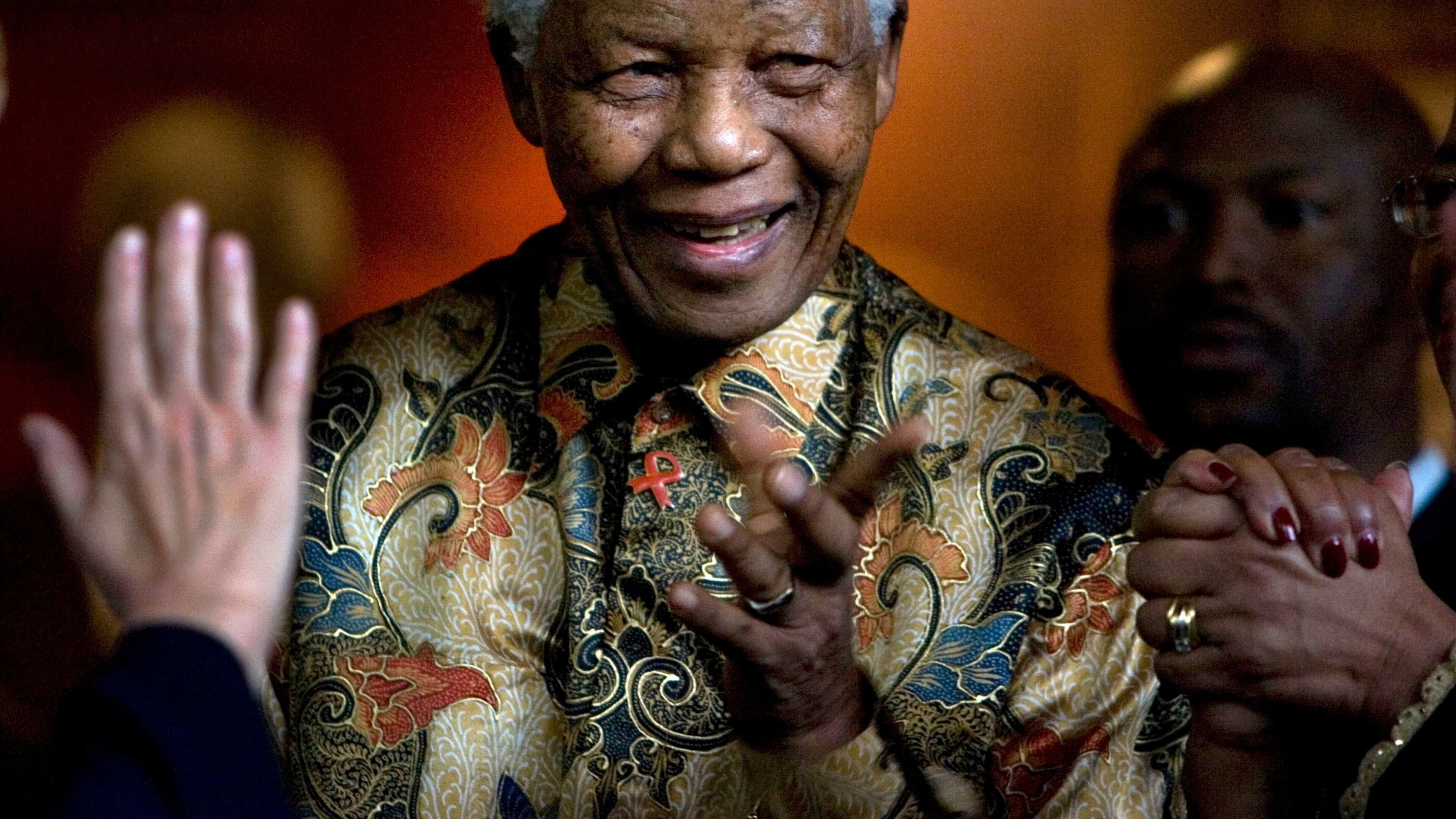An editor’s chance to meet a hero

It was all I could do to keep my knees from shaking. But my condition wasn’t due to nerves.
By July 1993, I was a seasoned journalist, having met all types of people - from pimps to presidents.
As a result of those interactions, very few people leave me starstruck. Yet, I knew this encounter would change me.
There were whispers in the newsroom that The Atlanta Journal-Constitution editorial board was going to receive a special guest – Nelson Mandela.
The second I heard the rumor, I rushed into the office of Constitution Editorial Page Editor Cynthia Tucker and begged her to let me meet the man who inspired me in so many ways.
She said space was limited, but if I offered to help set-up the breakfast in the conference room, I could attend. (I would have cooked breakfast.)
On that morning, after I laid out the bagels and Danishes, and chilled the orange juice, I stood along one of the walls of our downtown Atlanta board room, eagerly waiting for Madiba (Mandela’s nickname).
Mandela came along at the right time for his country, but he also came along at the right time for me.
I grew up an African-American male in New York City during the 1970s and 1980s and I saw and felt the damage caused by white supremacy. I observed my middle-class neighborhood turn from nearly lily white to mostly black in less than six years. I remember police shootings and beatings that left dozens of black men and women disfigured or dead. I remember violent crimes against blacks perpetrated by thugs in communities that were self-segregated by race and by religion.
On my first day of high school, I was chased by three young white men who brandished chains and shouted the N-word, telling me to “get out of our neighborhood.”
These and other examples – some more subtle, others more overt - heated the stew of anger growing inside of me. Other things during that time helped stir the pot, too.
Hip-hop was in its infancy then, and though most rap lyrics championed teen fun, there were street poets calling for harsh political action.
Also, the speeches and messages from activists like Minister Louis Farrakhan and the Last Poets were becoming the soundtrack for communities in the five boroughs.
It wouldn’t have taken much for that stew of anger to become a five-course meal, but Mandela served up a better option. An option that had been taught to me by my parents, but was buried among harsh realities.
Mandela spent 27 years behind bars as a political prisoner in South Africa. From jail, he became the voice and conscious of people fighting to end apartheid.
Once freed, he acted without bitterness or anger. He spoke healing words to his angry and scared countrymen, both black and white.
I got involved in the anti-apartheid movement in this country while I was in college, reading everything Mandela wrote or said, including his autobiography, “Long Walk to Freedom.”
His life and deeds challenge me to change the world through my journalism.
Seems like I stood against that wall for nearly 20 minutes before Mandela entered the room. When he did, I immediately felt better in his presence. I don’t know how to describe it, but the room and everything in it, just seemed better.
After a brief Q&A session, I chatted with Mandela for a few treasured seconds.
I thanked him for speaking with me, and for some reason, I asked him about boxing. He was talented boxer as a young man in South Africa.
“What was your favorite punch?” I asked.
“All of them,” he said with a laugh.
I extended my hand and he held it with the grip of a former pugilist. I thanked him for inspiring me. He looked me in eyes and said, “No, you inspire me.”
I believe that some people are placed on this earth for the sole purpose of curing an illness mankind seems unwilling to arrest. Honest Abe was one, Martin another. Nelson Mandela is one of those human beings.
I’m grateful I got the chance to thank him for helping restore the best of my humanity.


